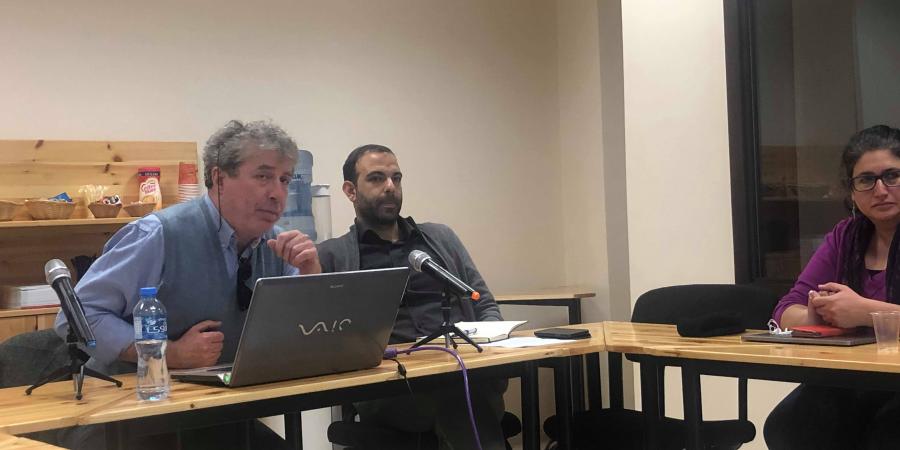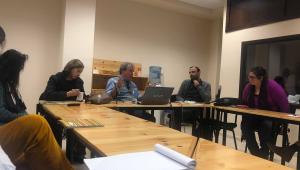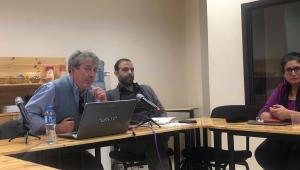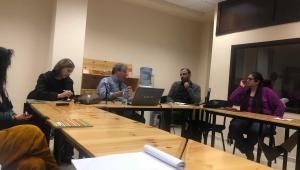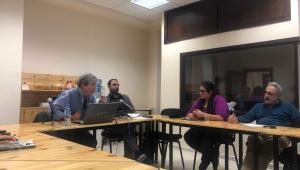Everyday practices, rural houses or country landscapes, that agricultural techniques, or economic forces had moulded, that in the recent past had been discarded as back-warded or as signs of poverty, have found in this new and ongoing era, newer reasons and newer values. The heritage process, though, doesn't seem very sensitive to the reasons that produced such "heritage" and that are different from the mere aesthetics: the deeper and richer heritage of such a land, worthy of attention under the ecological, economic, political and cultural point of views, risks to remain unattended and disregarded. The task of the anthropologists, notwithstanding their specialization (folklorists, ethnologists), is then to claim for the valorization of such heritage, much more complex and valid than its aesthetics side. This task will reward the past generations for the dramatic conditions in which they had produced today's celebrated “beauties”, and at the same time will make newer generations aware of the possible alternative to the present eco-social- political system, that are hidden under the aesthetic gaze.
The discussion is led by Professor Fabio Mugnaini, a professor of European Ethnology, Performance Anthropology and History of Folklore at the University of Siena – Italy.

